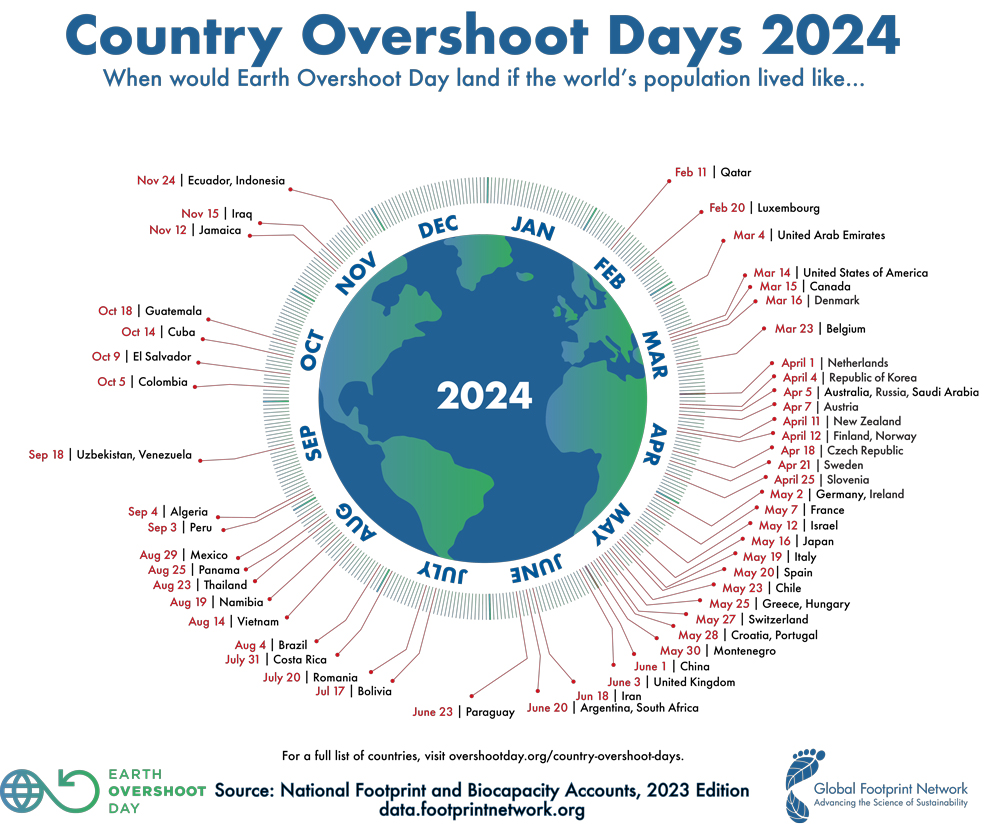Degrowth
1335 readers
1 users here now
Discussions about degrowth and all sorts of related topics. This includes UBI, economic democracy, the economics of green technologies, enviromental legislation and many more intressting economic topics.
founded 2 years ago
MODERATORS
151
64
Reuse that teabag! Ignore that special offer! It’s time to join the underconsumer revolution
(www.theguardian.com)
152
153
154
155
156
157
10
Mexican oil production to decline rapidly after 2030: Tip of the iceberg?
(resourceinsights.blogspot.com)
158
159
132
Microsoft and Google's electricity consumption surpasses the power usage of over 100 countries
(www.windowscentral.com)
160
161
162
163
164
165
166
167
168
169
170
171
172
42
Largest UK public sector trial of four-day week sees huge benefits, research finds
(www.theguardian.com)
173
23
Basic Income and Degrowth: Creating an Alternative Ecological Future? — UBI Lab Network
(www.ubilabnetwork.org)
174
175

